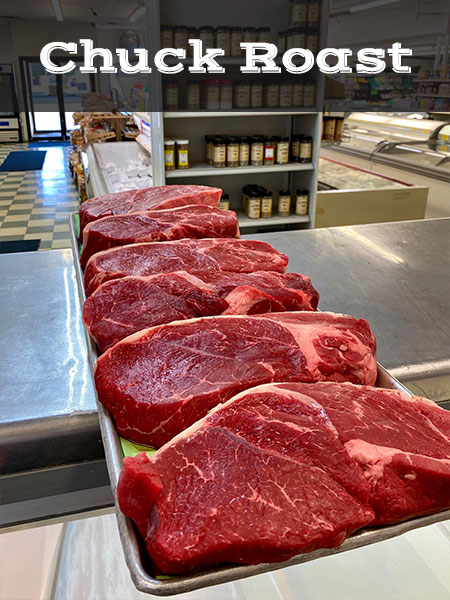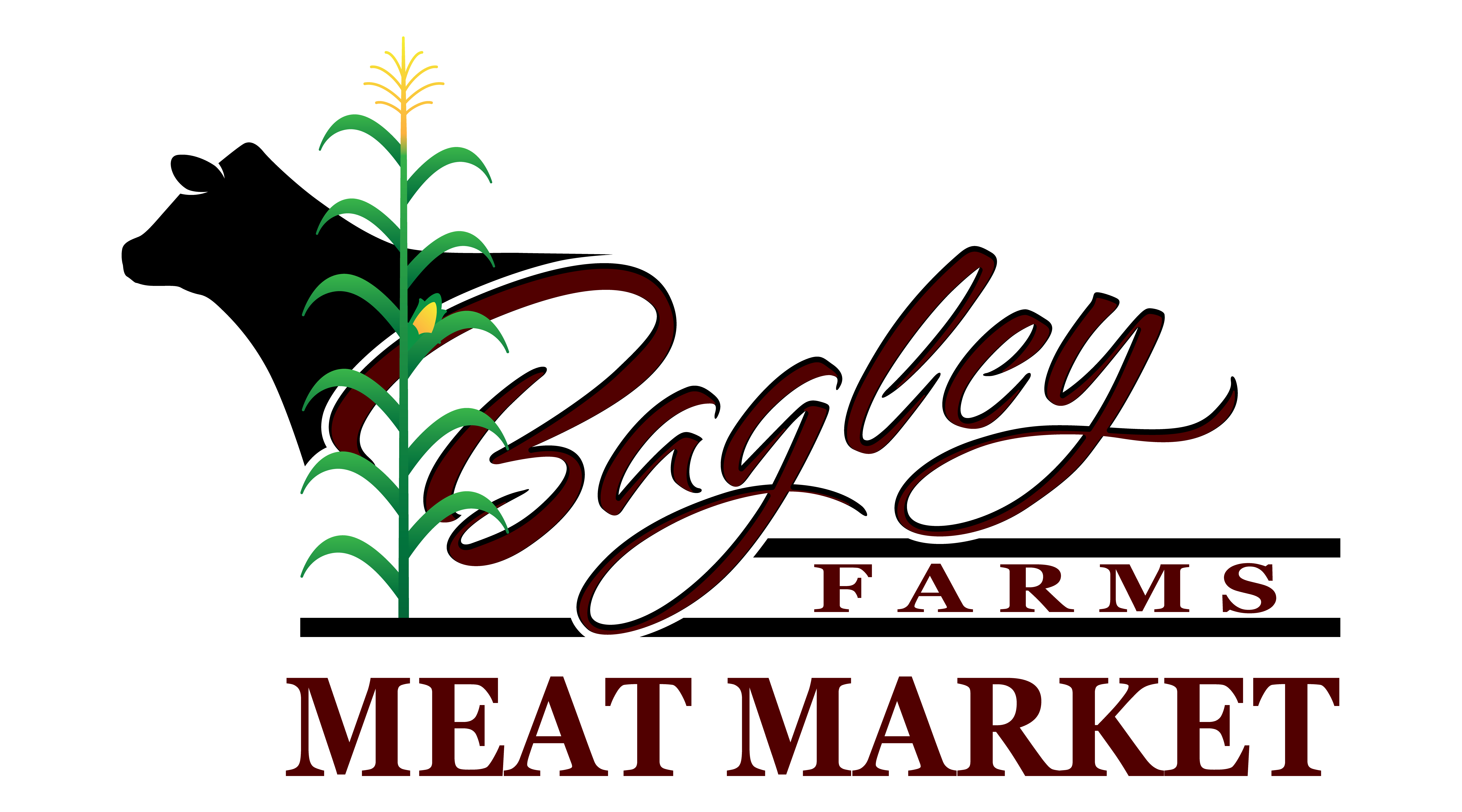Taste the Difference with Premium Meats from Bagley Meat Market Edwardsville IL
Taste the Difference with Premium Meats from Bagley Meat Market Edwardsville IL
Blog Article
Why Buying at a Neighborhood Meat Market Guarantees Fresh, High-Quality Cuts
Shopping at a local meat market supplies distinct advantages that commonly go unnoticed by consumers accustomed to larger retail chains. These markets supply direct accessibility to fresh, high-grade cuts, a result of decreased transport time from farm to counter. This not just enhances flavor yet also sustains local farmers, fostering neighborhood partnerships and lasting methods. Rigorous quality control determines ensure that each purchase meets high standards of safety and quality. The effects of selecting local extend beyond instant advantages, prompting a more detailed exam of what this selection absolutely means for both consumers and the local economy.
Advantages of Neighborhood Sourcing
In the world of food procurement, the advantages of regional sourcing stand apart plainly. By buying meat from neighborhood markets, customers get direct access to items that are typically fresher and more tasty than those found in bigger, commercial grocery stores. Neighborhood sourcing decreases the time and range food takes a trip from ranch to table, which not just improves preference however also preserves nutritional worth.
In addition, local sourcing usually supplies transparency concerning the origins of the meat. Consumers can ask about the farming practices made use of, animal welfare standards, and whether the meat is grass-fed or organic. This info empowers buyers to make informed decisions straightened with their values.
Quality Assurance Criteria
Local meat markets commonly comply with rigorous quality assurance criteria that guarantee the products provided satisfy high safety and security and freshness benchmarks. These requirements normally incorporate various stages of the meat manufacturing procedure, from sourcing to handling and storage.
First, local markets often establish strict distributor requirements, ensuring that just reliable farms and producers are used - bagley meat market edwardsville il. This decreases the possibility of contamination and advertises greater pet well-being criteria. Additionally, several neighborhood meat markets apply routine examinations to validate that the meat is processed under sanitary problems, further decreasing health risks
Temperature level control is an additional crucial aspect of quality control. Local meat markets often keep track of refrigeration systems to preserve optimum storage temperature levels, guaranteeing that meat stays fresh and safe for consumption. Furthermore, the implementation of traceability systems enables markets to track the beginning of their products, giving openness and liability.
Lastly, personnel at neighborhood meat markets are often trained to acknowledge signs of putridity and comprehend appropriate handling techniques. This dedication to quality control not just raises the general criterion of the meat but also cultivates customer trust fund, making local meat markets a reliable source for premium cuts.
Supporting Local Farmers
Supporting local farmers is vital for fostering a sustainable food system and boosting community durability. When customers select to patronize regional meat markets, they directly add to the incomes of farmers in their area. This not only supports the neighborhood economy but likewise enhances the farming sector, making sure that it continues to be feasible and lively.


In addition, sustaining neighborhood farmers fosters a feeling of neighborhood and link between manufacturers and consumers. It encourages transparency in food sourcing and infuses trust, as customers can establish connections with the individuals who raise their food. This straight link eventually leads to a much more engaged and informed public, which is vital for advocating for sustainable agricultural practices in the future.
Sustainable Practices
Lasting practices in meat markets play a critical role in promoting ecological stewardship and making certain animal welfare. Local meat markets frequently focus on sourcing their products from farms that execute sustainable and moral farming methods. These practices include rotational grazing, which helps maintain soil health and wellness and minimizes carbon exhausts, along with minimizing the usage of anti-biotics and hormonal agents in livestock.
Furthermore, regional meat markets normally highlight transparency in their linked here supply chains. Customers are offered with info concerning the beginning of their meat, allowing them to make educated choices that straighten with their values. By supporting local farmers that exercise lasting approaches, consumers add to the preservation of biodiversity and the decrease of transportation emissions associated with long-distance meat distribution.
Additionally, many local meat markets participate in waste decrease strategies, such as using every part of the animal and promoting off-cuts that could or else go unsold. By cultivating a much more lasting approach to meat consumption, these markets not just provide high-grade products but additionally add favorably to the environment and animal well-being. Fundamentally, shopping at a regional meat market lines up customers with a broader motion towards honest and responsible food sourcing.
Customized Customer Care
Shopping at a meat market commonly incorporates more than simply the items supplied; it is also regarding the experience and the connections developed between customers and personnel. Individualized consumer solution is a hallmark of local meat markets, setting them besides larger grocery store chains. Educated personnel make the effort to comprehend private customer preferences, making certain that each browse through is tailored to particular needs.
Clients benefit from professional guidance on cuts, cooking approaches, and prep work tips, cultivating a sense of count on and commitment. This individualized interaction enables customers to ask inquiries and seek recommendations, leading to notified acquiring decisions. Team member frequently bear in mind routine consumers and their preferences, producing a welcoming environment that grows neighborhood ties.
Furthermore, tailored service extends to unique more info here demands, such as customized cuts or specific prep work methods, which larger stores may not fit. This level of focus strengthens the commitment of regional meat markets to quality and client satisfaction.
In essence, personalized client service not only enhances the shopping experience however likewise makes sure that clients entrust the ideal products matched to their cooking requirements, making every see a satisfying one.
Verdict
Supporting local farmers cultivates community connections and enhances the regional economic situation, while sustainable practices contribute to environmental stewardship. Furthermore, customized customer service boosts the shopping experience, making local meat markets a recommended choice for customers seeking both quality and ethical factors to consider in their food sourcing.
The implications of picking neighborhood prolong past instant benefits, triggering a more detailed assessment of what this option truly implies my company for both consumers and the local economy.
Supporting regional meat markets also adds to the regional economic situation. Regional meat markets regularly monitor refrigeration systems to maintain ideal storage temperature levels, making sure that meat stays secure and fresh for consumption.Local farmers are usually a lot more attuned to the certain requirements of their areas, raising and growing crops animals that align with regional preferences and preferences. Sustaining local farmers promotes community partnerships and reinforces the local economic climate, while lasting methods contribute to environmental stewardship.
Report this page